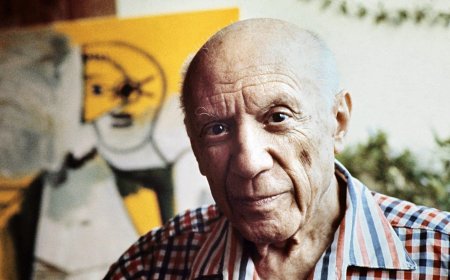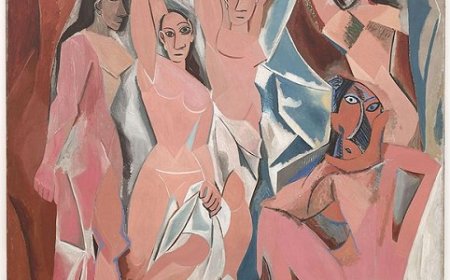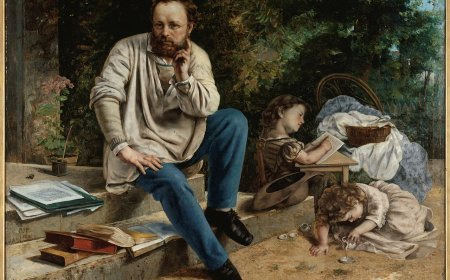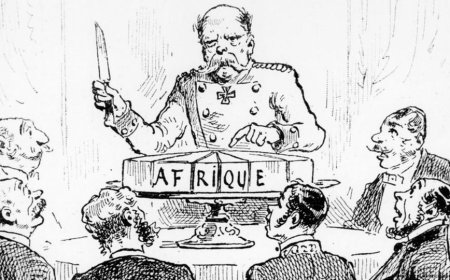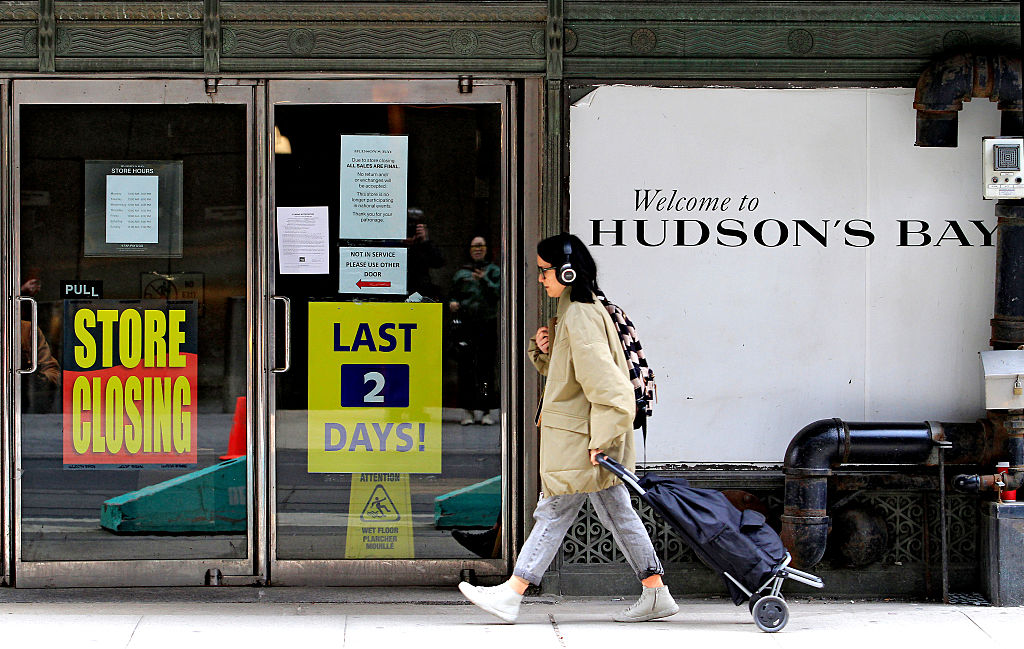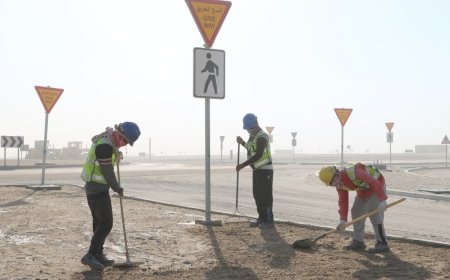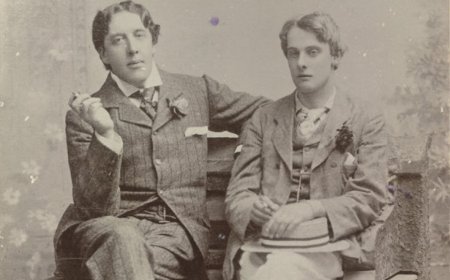The Right to be Lazy, according to Paul Lafargue
140 years ago, Marx's son-in-law wrote an essay on the right to laziness, a provocative manifesto in refutation of the much celebrated "right to work" that was a banner of the Third French Republic. A reflection that continues to make sense.

"The Right to be Lazy" ("Le Droit à la paresse" in French) is an essay written by Paul Lafargue and published in 1883. In this work, Lafargue presents a sharp critique of the capitalist system and advocates for the idea of a society where people have the right to work less and enjoy more leisure time.
The essay is a passionate and persuasive argument against the oppressive nature of labor under capitalism and calls for a more humane and just society. Here are some key themes and ideas presented in "The Right to be Lazy":
-
Critique of Capitalist Labor: Lafargue begins by condemning the capitalist system's exploitation of workers, arguing that under capitalism, labor is grueling and designed to extract the maximum profit from workers while offering little in return.
-
Idleness as a Virtue: Lafargue provocatively asserts that idleness, or the "right to be lazy," is a virtue that should be cultivated and valued in society. He argues that the capitalist work ethic, which glorifies constant toil and accumulation of wealth, is harmful to both the individual and society as a whole.

-
Automation and Technology: Lafargue explores how technological advancements and automation have the potential to liberate humanity from the need to work excessively. He believes that these innovations should be harnessed to reduce the burden of labor on individuals, rather than serving as tools for increasing profits for the capitalist class.
-
The Pursuit of Pleasure and Creativity: Lafargue advocates for a society in which people have more time for leisure, personal fulfillment, and creative pursuits. He believes that if people were freed from the shackles of endless work, they would have the opportunity to develop their talents and enjoy life more fully.
-
The Fallacy of Overwork: Lafargue challenges the notion that working long hours and sacrificing one's well-being for the sake of productivity is a virtuous path. He argues that overwork leads to physical and mental exhaustion, contributing to a decline in the quality of life and overall happiness.
-
The Role of Education: Lafargue emphasizes the importance of education in cultivating a society that values intellectual development and creativity. He envisions an education system that encourages critical thinking and curiosity, rather than one that merely trains individuals for mindless labor.
"The Right to be Lazy" is considered a significant work in socialist thought, critiquing the capitalist mode of production and advocating for a more equitable and humane society. Lafargue's ideas on the value of leisure, the role of technology, and the potential for a better quality of life have continued to resonate with those advocating for workers' rights, shorter working hours, and the pursuit of a more balanced and fulfilling life.
Life and works of Lafargue
Paul Lafargue was a prominent figure in the socialist and labor movements of the late 19th and early 20th centuries. He was born on January 15, 1842, in Santiago de Cuba, which was then a Spanish colony. Lafargue was of French and Creole descent.
Lafargue is best known for his activism, writings, and close association with the Marxist movement, particularly as a follower and son-in-law of Karl Marx. Here are some key points about Paul Lafargue's life and contributions:
His father was a wealthy Creole planter, and his mother was of French descent. He spent his early years in Cuba before moving to France to pursue his education. While studying medicine in Paris, Lafargue became deeply involved in socialist and Marxist circles. He eventually met Karl Marx and Friedrich Engels, becoming an enthusiastic supporter and promoter of Marxist ideas.
Lafargue married Laura Marx, Karl Marx's second daughter, in 1868. Their marriage was significant in solidifying the bond between Lafargue and Marx, both ideologically and personally. Lafargue was an influential writer and orator. He wrote extensively on socialist and economic topics, advocating for workers' rights, labor reforms, and the abolition of private property. He was a contributor to various socialist newspapers and journals.
One of Lafargue's notable works was the essay "The Right to be Lazy," published in 1883. In this work, he critiqued the oppressive nature of capitalist labor and championed the idea of a society that allowed for more leisure time and a better quality of life for workers.
Lafargue was an active participant in socialist politics in France and was associated with the French Workers' Party (Parti Ouvrier Français). He ran for political office on several occasions but was unsuccessful in gaining a seat in the French Parliament.
In November 1911, Paul Lafargue and Laura Marx took their own lives in a suicide pact. Lafargue was 69 years old at the time of his death, and Laura Marx was 66. The tragic event occurred in Draveil, a town near Paris, where the couple had lived in their later years.
Their joint suicide note expressed their desire to die together to escape the weariness and struggles of life. The note reflected their shared commitment to each other and to their beliefs, including their socialist principles.
Paul Lafargue's contributions to the socialist movement, his writings on labor and capitalism, and his personal connection to Karl Marx and the Marx family have left a lasting impact on the history of socialist thought and labor activism.
The timeliness of a manifest
Many of the key ideas presented in "The Right to be Lazy" by Paul Lafargue remain relevant and resonate with contemporary discussions about work-life balance, the nature of work under capitalism, and the pursuit of a fulfilling and meaningful life. Despite being written in the late 19th century, Lafargue's arguments continue to have relevance in today's way of life for the following reasons:
-
Work-Life Balance: In modern society, the issue of work-life balance is still a significant concern. Many people find themselves working long hours, dealing with job-related stress, and struggling to find time for personal interests and leisure activities. Lafargue's call for valuing leisure and personal fulfillment as important aspects of life remains relevant in a world where work often dominates people's time and energy.
-
Automation and Technological Advancements: Lafargue's ideas about the potential of technology to free humanity from toil are more pertinent than ever. Advancements in automation and artificial intelligence have the capacity to transform industries and potentially reduce the need for human labor. However, the question of how society should manage these technological changes to benefit all, rather than concentrating wealth and power, remains a contemporary challenge.
-
Pursuit of Fulfillment and Creativity: The idea of finding fulfillment and meaning beyond material gain is a subject of ongoing discourse. Many individuals are seeking ways to pursue creative passions, personal growth, and well-being beyond the confines of traditional work roles.
-
Overwork and Burnout: Concerns about overwork and burnout are prevalent in today's society, particularly in highly competitive work environments and industries. Lafargue's critique of the fallacy of overwork and its impact on individuals' physical and mental health continues to resonate as workers advocate for better working conditions and reduced working hours.
-
Education and Critical Thinking: The role of education in fostering critical thinking and creativity is a topic of ongoing debate. Lafargue's emphasis on the importance of an education system that nurtures individual development and intellectual curiosity remains relevant as societies strive to create well-rounded and engaged citizens.
While society has evolved since the late 19th century, the fundamental issues raised by Paul Lafargue in "The Right to be Lazy" are still pertinent and continue to prompt discussions about the nature of work, the purpose of life, and the quest for a more balanced and fulfilling way of living in the modern world.



























